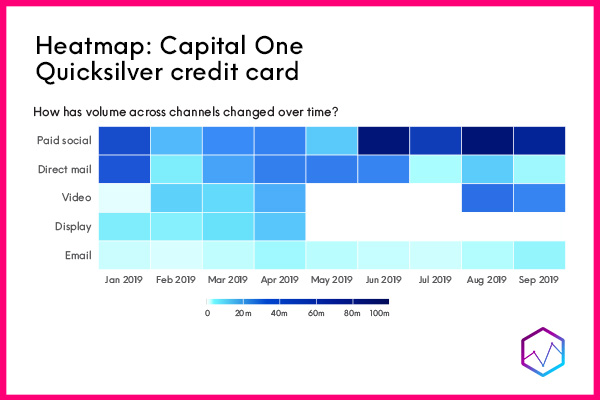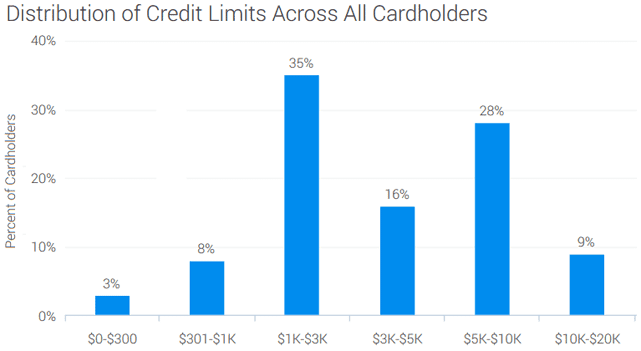

Here’s where the two cards diverge most dramatically.

Related: When you should consider the Capital One Venture card for hotels and car rentals Redeeming miles Winner: The Capital One Venture Rewards Credit Card boasts an all-around better rate of return on every purchase. The Capital One Venture Rewards Credit Card earns 2 miles per dollar on most purchases, with an elevated 5 miles per dollar spent on Turo car rentals (ends May 15, 2023) and hotel and rental cars booked through Capital One Travel. It’s also on par with competing cards from other issuers, such as the Chase Freedom Unlimited. That makes your return on spending easy to calculate and count on. The Capital One Quicksilver Cash Rewards Credit Card earns a flat 1.5% back on all purchases. Winner: Although you have to spend more to earn it, the value of the Capital One Venture Rewards Credit Card’s sign-up bonus blows the Quicksilver’s out of the water. The card is also currently offering 0% introductory APR on purchases and balance transfers for the first 15 months (19.74%-29.74% variable APR after that 3% fee on the amounts transferred within the first 15 months). But you only have to spend $500 in the first three months to qualify. The Capital One Quicksilver Cash Rewards Credit Card’s sign-up bonus is considerably more modest - only $200 cash back. Given that extra flexibility, TPG values these miles at 1.4 cents apiece, bringing the value of the sign-up bonus up to $1,400. However, the miles you earn with the Capital One Venture are transferable to 15 airline and 2 hotel partner loyalty programs now. The Capital One Venture is a stronger earner and better for travel redemptions. Plus, you can keep this account active as a way of building your credit history and boosting your credit score over time. So, other than having to consider whether this is one of the two personal Capital One credit cards you can have open at any given time, carrying it year after year does not come at a cost. By contrast, the Capital One Quicksilver Cash Rewards Credit Card has no annual fee. The Capital One Venture Rewards Credit Card has a $95 annual fee. Now let’s get into the details on both products and which one you can maximize if you’re thinking of applying for a new credit card. Global Entry/TSA PreCheck fee waiver (up to $100).Ġ% intro APR on purchases and balance transfers for the first 15 months your account is open (19.74%-29.74% variable APR after that 3% fee on the amounts transferred within the first 15 months). $200 after you spend $500 on purchases in the first three months from account opening.ĥ miles per dollar spent on hotel and rental cars booked through Capital One Travel.ĥ miles per dollar spent on Turo car rentals (ends May 15, 2023).Ģ miles per dollar spent on everything else. Here is a snapshot of the two cards and their respective benefits.Ĭapital One Quicksilver Cash Rewards Credit CardĮarn 75,000 bonus miles when you spend $4,000 on purchases in the first three months from account opening.

Related: Best Capital One cards Overview of the cards

Let’s take a closer look to see which may be a better fit. The issuer has also expanded its Capital One miles program so that certain cardholders can transfer miles to 17 airline and hotel partners, including Air Canada Aeroplan, British Airways Executive Club and ALL Accor Live Limitless.ĭepending on where you spend the most money and how you want to redeem your rewards, deciding which Capital One credit card to apply for can be a difficult choice.Īmong the products you might be deciding between are the popular Capital One Venture Rewards Credit Card and the Capital One Quicksilver Cash Rewards Credit Card. These provide cardholders with a reliable rate of return on their everyday spending. There are easy-to-use cash-back cards whose points can be redeemed at a fixed value toward travel purchases and other statement credits. Over the past few years, Capital One has raised its rewards game by expanding and improving its slate of credit cards. Update: Some offers mentioned below are no longer available.


 0 kommentar(er)
0 kommentar(er)
